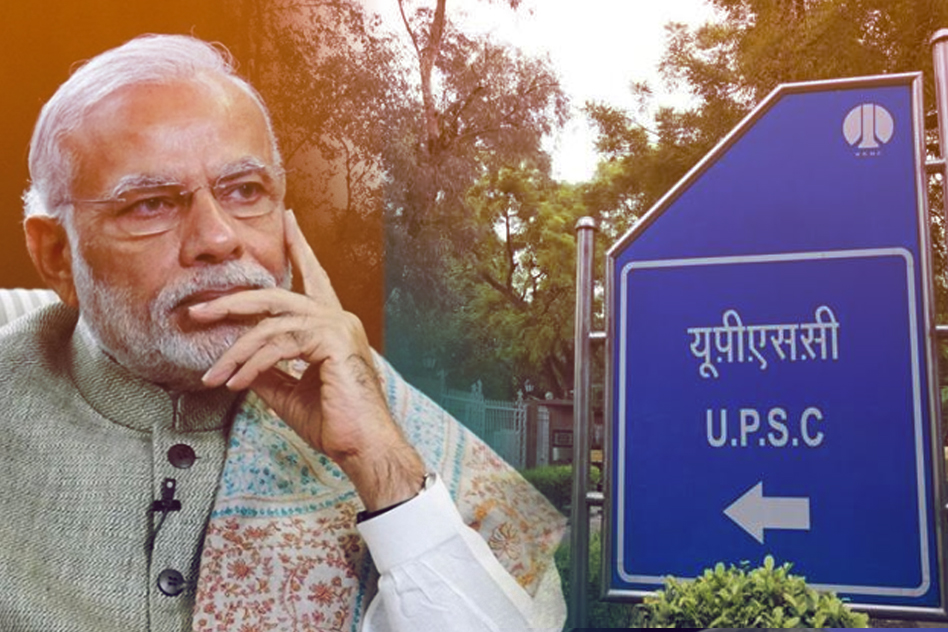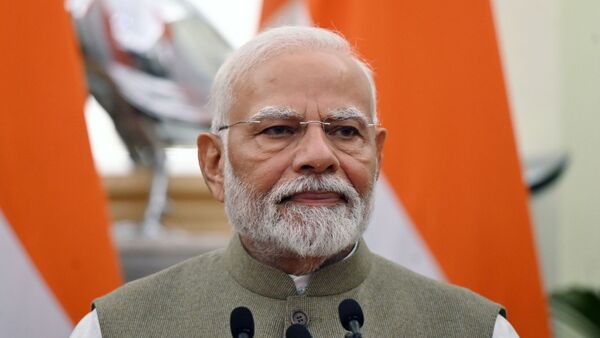Lateral entry into bureaucracy refers to the practice of hiring professionals from outside the traditional civil services system to fill senior administrative positions. This approach is designed to bring in specialized expertise and fresh perspectives into the public sector. Rather than advancing through the ranks from junior to senior roles within the bureaucracy, these lateral entrants are appointed directly to higher-level positions based on their qualifications and experience in relevant fields.

Source:- news 18
The concept of lateral entry has been implemented in various countries to enhance the efficiency and effectiveness of government operations. It allows for the inclusion of experts with specific skills that may not be prevalent within the existing civil services cadre, such as technology, finance, or management.
Source:- BBC news
In India, the introduction of lateral entry into the bureaucracy sparked significant political controversy. The Indian government initiated this process in 2018, aiming to fill senior positions in departments like the Department of Economic Affairs and the Ministry of Home Affairs with professionals from outside the civil services. The move was intended to infuse the bureaucracy with specialized knowledge and improve governance.
The political storm arose from several concerns:
Merit vs. Seniority: Critics argued that lateral entry undermines the principle of seniority-based promotions within the civil services, potentially demotivating career bureaucrats who have spent years working their way up through the system.
Political Bias: There were fears that lateral appointments might be used for political purposes, with selections influenced by political affiliations rather than purely merit-based criteria.
Implementation Challenges: The bureaucratic structure and culture are deeply entrenched, and integrating professionals from outside the system posed challenges related to organizational fit and operational dynamics.
The debate highlighted the tensions between innovation and traditional bureaucratic norms, raising questions about how best to balance expertise with established practices in public administration
Share your views in the comments

